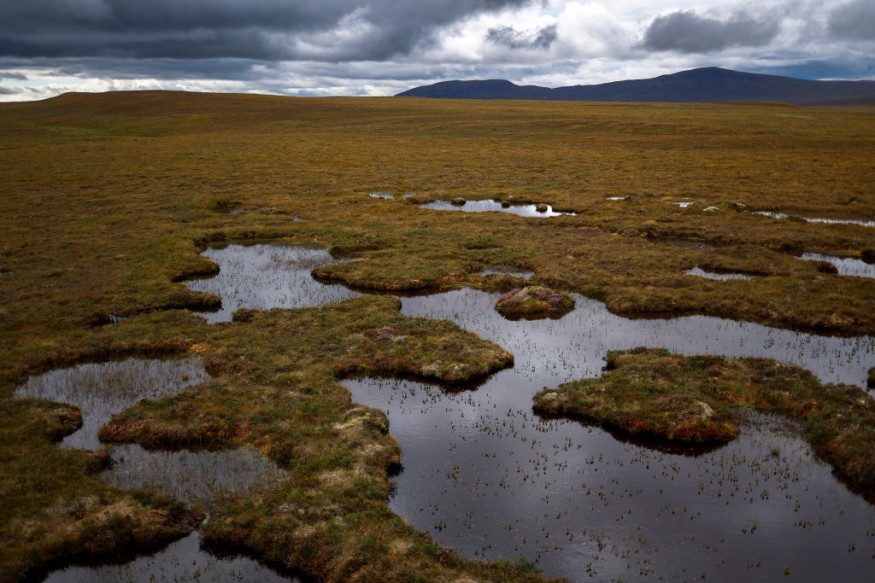Dry conditions and hotter temperatures have caused increasing stress to peatland areas which are crucial carbon sinks in the fight against climate change. The latest study emphasized the need for drought-resilient peatlands to become more efficient.
Prolonged drought has become a global concern due to worsening impacts on crops, communities, water security and wildlife. Climate change can exacerbate the effects of drought, causing an intensified aftermath on farmers and cities.
Drought conditions are also vulnerable to raging wildfires. The strong wind gusts and scorching heat will be favorable for deadly wildfires. In the latest study, researchers discovered that drought caused a stressful situation for peatlands.
Extreme Drought Impacts Important Peatlands

Peatlands play a significant role in communities and the environment. As carbon sinks, it mitigates the impacts of climate change by cooling the climate. In the UK, the wetlands are important areas for feeding and nesting of birds.
The vegetation is also a significant place for many animals and fauna. However, exploitation of peatlands and drought can threaten their productive systems. Human activities can worsen the state of worldwide peatlands, which can bring widespread impacts on soil health.
Furthermore, the prolonged effects can have widespread effects on people's lives, especially the farming industry. As a result, researchers emphasized that the peatlands in the Baltic and Scandivania states are crucial to mitigating climate change.
The research was published in the Proceedings of the Royal Society B journal. Despite their environmental importance, extreme drought and high temperatures can affect their growth. The decline in peatland areas can cause flooding concerns, especially in the flood-prone and low-lying communities.
Meanwhile, it is also bad news in fighting climate change. Peatlands manage to absorb significant amounts of carbon that is essential for humans, animals and fauna. Researchers warned that it could leave a long-term impact as climate change can exacerbate.
The emission reduction will also be a key player in addressing the rapid rise in global temperatures. Protection of peatland areas will improve to sequester more carbon.
The frequent drought can make it more difficult for agriculture and peatland areas to adapt amidst the threat of climate change.
Rapid Ocean Heating and Hotter Temperatures
In the recent NWN report, experts confirmed that 2023 was the hottest temperature on record. Hotter ocean surface temperatures can threaten marine ecosystems and animals undersea.
Researchers also found that warmer temperatures can supercharge weather events in the Pacific Ocean. Communities can experience more devastating deadly weather, with heavy precipitation and frequent flooding.
Moreover, heatwaves can also become challenging for older adults, children, the homeless and people with medical conditions.
Related Article : Oregon's Cascade Range Forests Suffered From More Fires as Climate Change Intensifies in US
For more similar, don't forget to follow Nature World News
© 2025 NatureWorldNews.com All rights reserved. Do not reproduce without permission.





